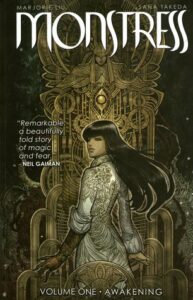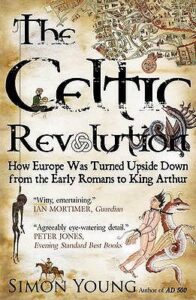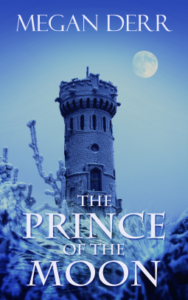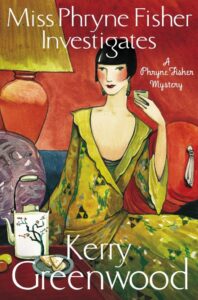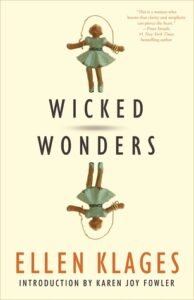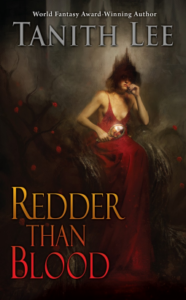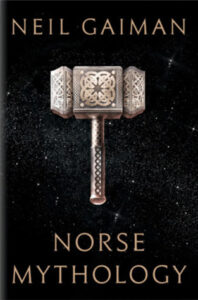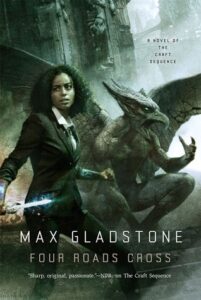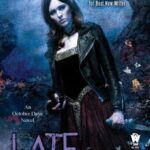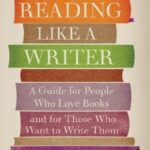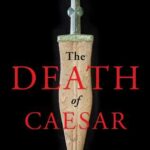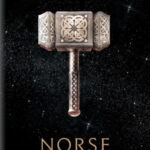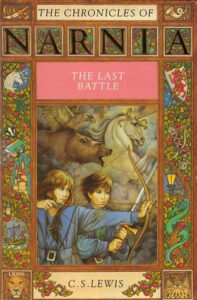I know I read really fast. You must figure I read really fast, since there’s a new review up here every single day (and they’re actually scheduled up through March). So it makes no sense that I haven’t read a book I got as a review copy or a book I insisted on getting the moment it released… two years ago.
(Sorry, Scott Lynch. Robin Hobb. Joe Abercrombie. Guy Gavriel Kay. Various others.)
The thing is, I have a backlog currently standing at 1,049 books purchased and not yet read. Yes, I said 1,049. That figure doesn’t include ARCs or library books or books that’re just on my wishlist. This is books on my shelves or on my Kindle, ready for me to get round to them.
The other thing is, when I make strict rules and reading lists, I stop reading. When I’m impulsive and I just read what catches my eye, I read a lot more. Whichever way I do it, I end up behind on books I requested or bought with the greatest impatience — and it’s not that I don’t want to read them, don’t think they’re shiny, have gone off the idea, whatever. It’s just that I have a lot of books, an impulsive way of choosing books, and an inability to just stick to one reading list. (And, well, sometimes I have gone off the idea of the book, for now. That doesn’t mean I’m not interested at all, just that right now I’m trying to devour everything in reach featuring a certain trope or certain information. At the moment, it’s archaeology.)
I’m doing my best. At the moment, I’m loading books to review onto my Kindle right away and starting them ASAP, to prevent my backlog getting bigger. I’m working through the backlog slowly, rediscovering things I thought were exciting before and finding new excitement about them. I feel bad that these books have been sitting so long, but there is some consolation in the fact that these are books that’re probably no longer actively being marketed, and with as many active readers as follow me, I’m bound to help someone match up with a backlist book they’d love.
The other thing is, well, I’m kind of contrary. If you hype a book up to me, I might well avoid it. Or I’ll get a book the minute it comes out… to taunt myself with for months, delaying the pleasure.
And, well, I bite off more than I can chew. A lot. All the time.
I’m also busy. Really busy. I’m doing a full-time biology degree through the Open University, which means that I have to direct my own pacing through the course while still meeting rigid deadlines for assignments and prepping for exams. I’m also self-employed, and sometimes after a long day of transcription and copywriting, I just want to flop into a chair and reread Strong Poison for the umpteenth time. Sorry.
The thing is, I’m a fairly rubbish human at times. I’m doing my best. Have a bunny.
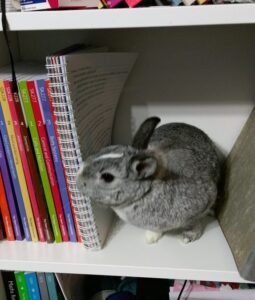
Mea culpa.
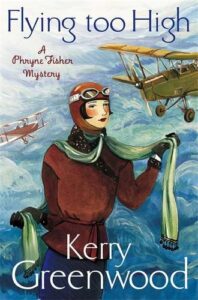 Flying Too High, Kerry Greenwood
Flying Too High, Kerry Greenwood
